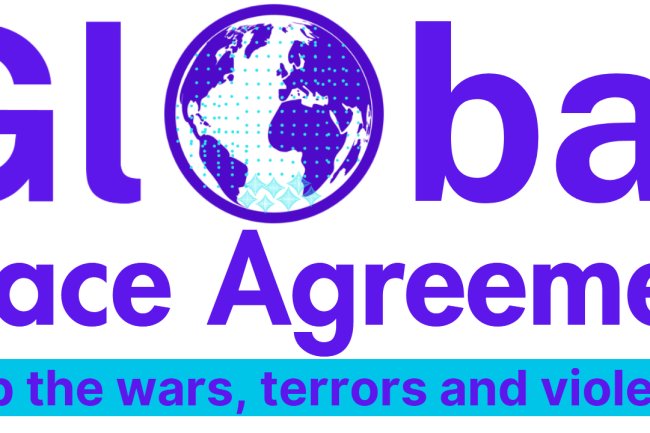ASIA
WSandN adopts a proactive approach centered on prevention and emergency intervention, to mitigate the impact catastrophes. Implementing robust preventive measures including early warning systems, resilient infrastructure design, and disaster preparedness training, poverty alleviation programs, investigating and re-evaluating all the causes of disasters, poverty and crime, while providing preventive measures and emergency as much as possible.
To address the prevailing issues in Asia and other continents, WSandN adopts a proactive approach centered on prevention and emergency intervention. With a region as expansive and diverse as Asia, there are manifold challenges that necessitate careful consideration, such as the frequent occurrence of natural disasters from earthquakes to typhoons, these calamities have caused extensive damage to infrastructure, loss of lives, and displacement of communities.
To mitigate the impact of such catastrophes, it is crucial to implement robust preventive measures including early warning systems, resilient infrastructure design, and disaster preparedness training. Much more importantly is to investigate the scientific causes of such disasters and provide preventive measures as much as possible.
In addition to natural disasters, Asia grapples with numerous social and economic problems. Poverty remains a pervasive issue in many Asian nations, leading to social inequality and limited access to basic necessities. By focusing on preventive interventions such as poverty alleviation programs, skill development initiatives, and equitable resource distribution policies, WSandN help to foster lasting change.
Furthermore, ensuring food security in Asia demands urgent attention. As one of the most populous regions globally with increasing urbanization trends and changing dietary habits, efficient agricultural practices must be employed along with sustainable farming methods. This will help enhance crop productivity while minimizing environmental degradation.
Moreover, tackling health-related challenges effectively necessitates prioritizing prevention strategies alongside emergency intervention measures. Diseases like malaria and dengue fever continue to pose significant threats in certain areas of Asia. Promoting public health education campaigns on sanitation practices and hygiene habits are essential for disease prevention.
Lastly, regional conflicts remain a persistent concern warranting comprehensive solutions from preventive diplomacy to emergency intervention measures. WSandN promotes collaborative efforts involving diplomatic negotiations among key stakeholders which are vital for de-escalating tensions and maintaining stability in the region.
In conclusion, addressing the issues prevalent in Asia requires a multifaceted approach encompassing both prevention strategies and efficient emergency interventions. By employing proactive measures across different sectors such as disaster management, poverty alleviation efforts, food security initiatives, public health campaigns, and diplomatic negotiations, WSandN helps to mitigate the various challenges and foster a more prosperous and harmonious future for Asia.






















